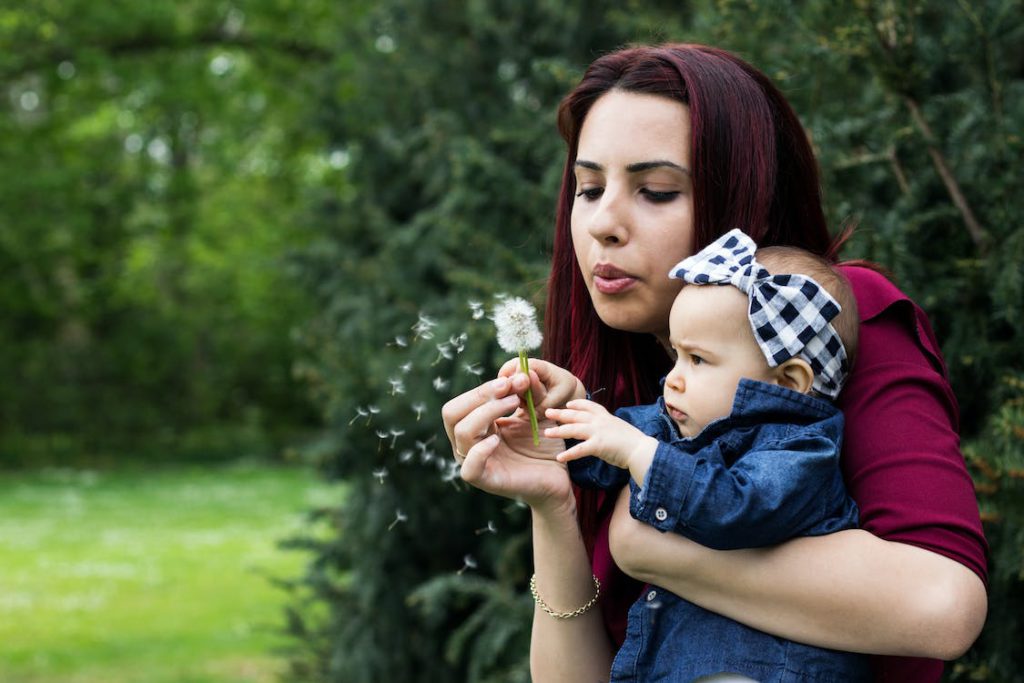
At the beginning of my relationship with my husband, he told me not to use the word “madrastra” (stepmother, in Spanish) because it sounded “really bad”.
Never did I think to look it up in a dictionary until now, 7 years later. What I found shocked me so much that I had to stop everything I was doing to write this article.
Caution: I am not a linguist or official translator; however, I am bilingual after living in Peru for over 5 years, and have a certificate in conversational Spanish from the University of Toronto. I’m married to a native Spanish-speaker, we speak Spanish-only at home, and it is my children’s first language.
After reading my posts on social media (originally written in English and translated to Spanish), a Spanish-speaking woman I knew from back in Peru reached out to me to ask if I knew the definition of “madrastra”.
This got me curious, so I looked up the official meaning of the word, and I was indignant at what I found.
According to the official Spanish language dictionary by the Real Academia Española, the second definition of “madrastra” is listed as “mother who treats her children badly”. This may be considered an improvement from the 2001 version, in which the second definition was listed as “something that causes discomfort or harm”.
Wow!
The negative connotation of stepmother is so culturally ingrained in the Spanish language that these colloquially-used definitions are accepted by the institutions that regulate the official language.
My well-meaning Peruvian friend went on to suggest that perhaps I should use a different word, like “second mom”, or instead state that I’m a woman who loves my husband’s kids. I guess this would be akin to using the term ‘bonus mom’, which has become popular in English-speaking cultures; however, the technically correct term according to the dictionary is still stepmother.
I don’t think that avoiding the correct word and thereby avoiding the negative cultural connotation is going to change the way stepmoms are seen in society. Quite the contrary, I believe in using the word in order to destigmatize the evil stepmother stereotype.
I use the word “madrastra” with pride – because it shouldn’t mean a bad woman who causes harm to her stepchildren. Most stepmothers are quite the opposite – we are just trying to love our families and do what’s best. We are not home-wreckers, we are home-builders. We are not evil, we are pure-intentioned and good. We don’t want our kids to be locked away, we want them to be in our lives and we want what’s best for the whole family.
In modern times, the term “madrastra” should mean a woman who steps up to accept (and in many cases grow to love) her partner’s children as her own. That is something to be proud of and should be respected as such. Maybe I’m not getting it (and please enlighten me if I’m missing something here), but has this term been so poorly used that it is now commonplace and acceptable to use it so negatively? Do we need a new word to define ourselves and rid ourselves of this negativity? If other misused slang words that are offensive to a group of people are updated in this official dictionary, what is becoming of us? Shame on you Real Academia Española for accepting this colloquial language as official. What an insult to an amazing group of people.







